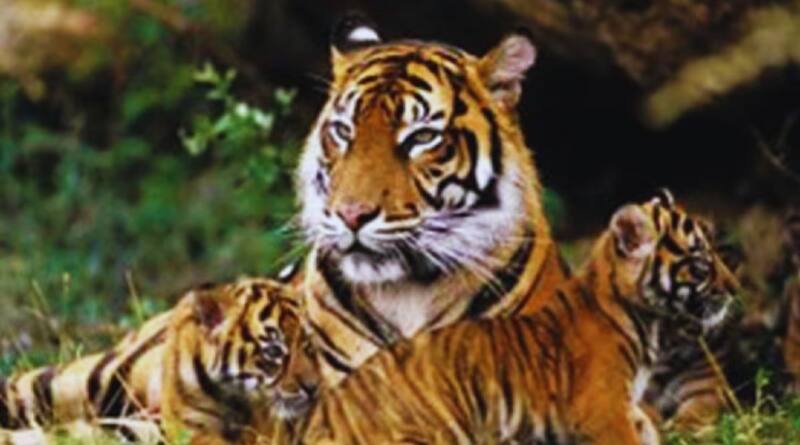India To Establish The New International Big Cat Alliance
The Union Environment Ministry intends to establish and coordinate an International Big Cat Alliance (IBCA), similar to the International Solar Alliance, an India-based initiative that promotes solar installations around the world. On February 29, the union cabinet approved the proposal.
“India’s global leadership in tiger conservation has been acknowledged.” During a press briefing on Friday, Environment Minister Bhupendra Yadav stated that the IBCA, which will be headquartered in India and has already committed ₹150 crore for five years, will lead initiatives to disseminate best practices for conserving big cats.
Tiger, lion, leopard, snow leopard, puma, jaguar, and cheetah are among the world’s ‘big cats’. Except for the puma and jaguar, the rest live in India, with the cheetah being the most recent to be relocated from Africa to Kuno in Madhya Pradesh as part of an experimental programme.
16 nations sign on.
Many ‘big cat’ countries currently have a resource availability gap and are not making the best use of practices and processes.
“There is no international organisation addressing the conservation challenges of big cats across their habitats. Mr. Yadav believes that the pioneering and long-standing conservation practices for tigers and other big cats that have evolved in India can be replicated in many other range countries.
The Union Environment Ministry intends to establish and coordinate an International Big Cat Alliance (IBCA), similar to the International Solar Alliance, an India-based initiative that promotes solar installations around the world. On February 29, the union cabinet approved the proposal.
“India’s global leadership in tiger conservation has been acknowledged.” During a press briefing on Friday, Environment Minister Bhupendra Yadav stated that the IBCA, which will be headquartered in India and has already committed ₹150 crore for five years, will lead initiatives to disseminate best practices for conserving big cats.
Tiger, lion, leopard, snow leopard, puma, jaguar, and cheetah are among the world’s ‘big cats’. Except for the puma and jaguar, the rest live in India, with the cheetah being the most recent to be relocated from Africa to Kuno in Madhya Pradesh as part of an experimental programme.
There is no international body addressing the conservation challenges that big cats face across their habitats. Mr. Yadav believes that the pioneering and long-standing conservation practices for tigers and other big cats that have evolved in India can be replicated in many other range countries.
So far, 16 countries have given their written consent to join the IBCA. There are 96 countries that have ‘big cats’, and the alliance is open to other countries, conservation organisations, scientific organisations, businesses, and corporations interested in supporting ‘big cats.’
Strengthen networks through training.
The benefits of membership, according to an accompanying document, include a central common repository for technical know-how and a fund pool.
The alliance will strengthen existing species-specific intergovernmental platforms, networks, and transnational conservation and protection efforts.
Frontline staff in member countries will receive training in eliciting local support for big cat conservation, as well as research and development in wildlife monitoring. Local communities near the forests will be encouraged and trained to develop ecotourism and livelihood opportunities.
A memorandum between India and Cambodia to help the latter revive its extinct tiger population is one example of an ongoing initiative. Indian forest officials have conducted visits to assess the suitability of forests for reviving and sustaining a tiger population.
An official from the Cambodian environment ministry stated this week that a group of tigers from India could be sent to Cambodia by the end of the year. However, Mr. Yadav stated that no concrete plans for such an initiative had been finalised.




